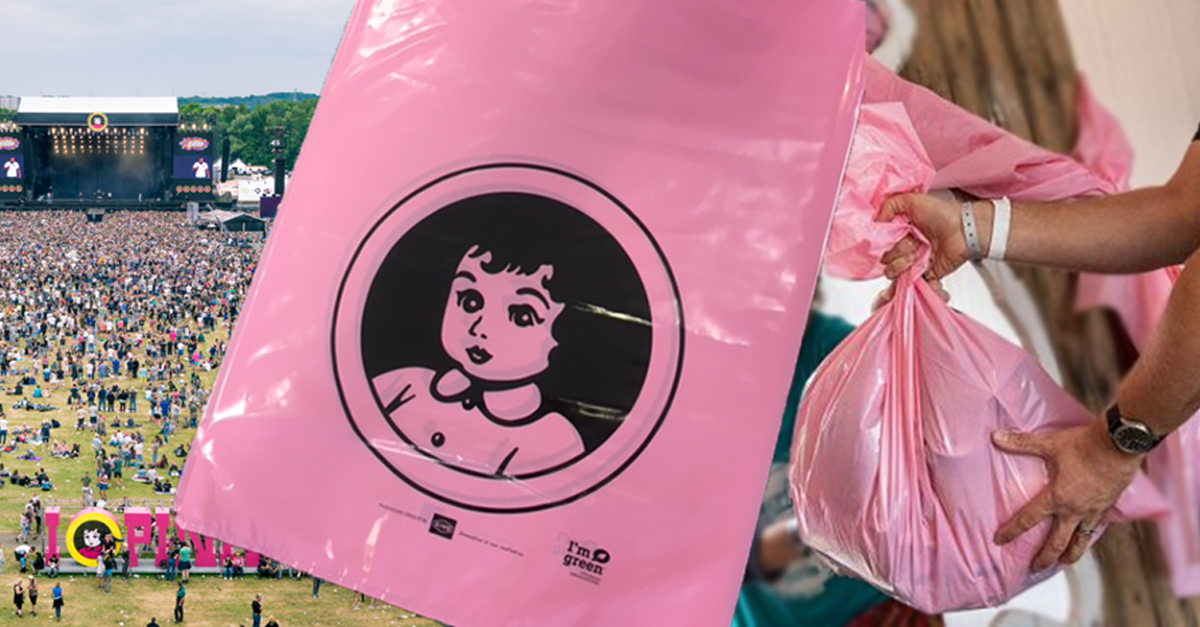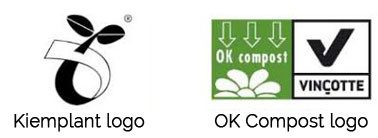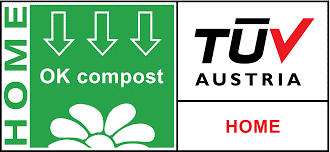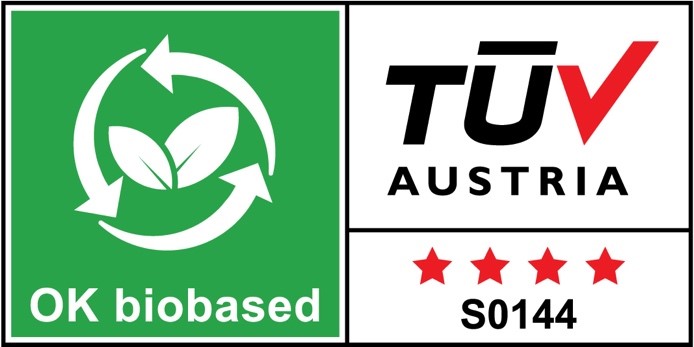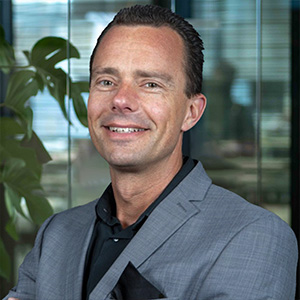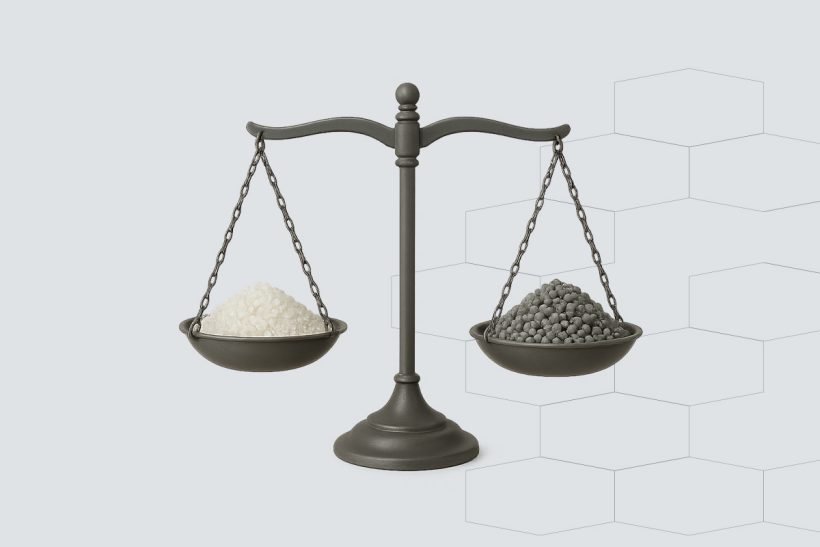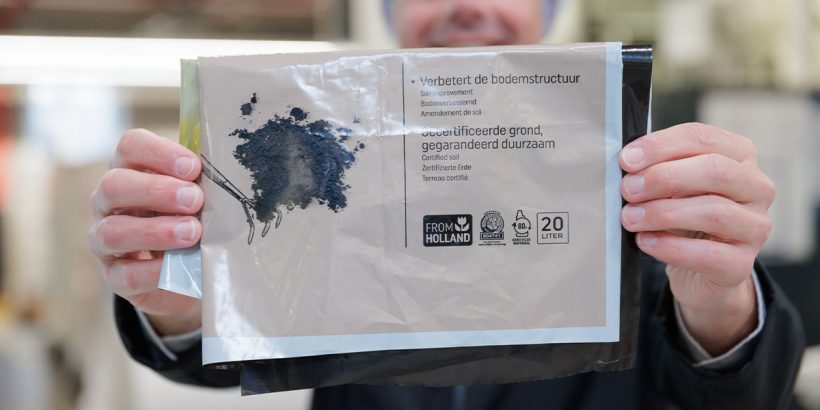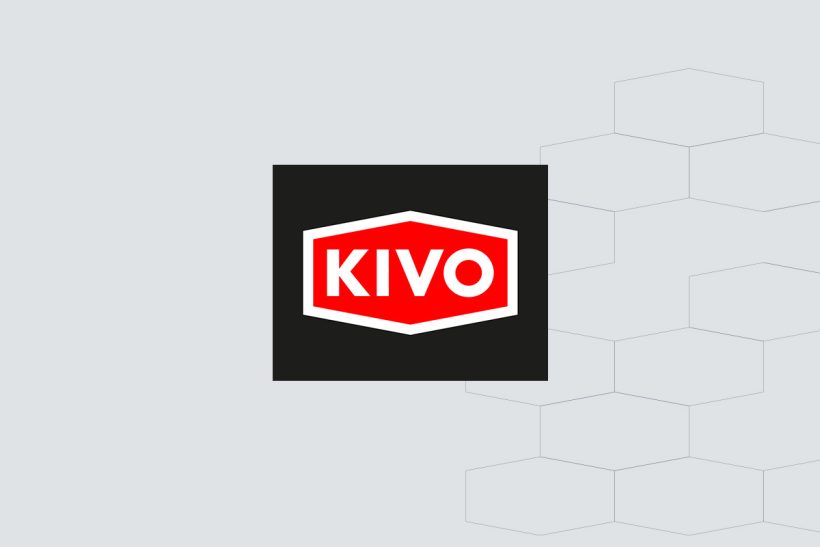Increasingly, the term bioplastics up as an alternative to conventional plastics. But what exactly are bioplastics? Are they biodegradable, compostable or recyclable? And what are the advantages and disadvantages for packaging manufacturers?
In this knowledge base article, we explain what bioplastics are, what types exist and what you, as a producer, need to know about the use of bioplastics in packaging.
What are bioplastics?
The term bioplastics is a collective term for different types of plastics that differ from traditional, fossil-based plastics. Bioplastics can be:
- are made from renewable raw materials (bio-based),
- are biodegradable,
- Or both.
Note: not all bioplastics are compostable or degradable, and not all compostable plastics are biobased. There are also oil-based compostable plastics.
The different types of bioplastics
1. Compostable bio-based plastics
These are made from natural raw materials and are biodegradable in an industrial composting plant. Examples:
- PLA (polylactic acid)
- PHA
- PBS
2. Non-compostable bio-based plastics
These plastics are partly made from natural raw materials, but otherwise behave like regular plastic. Examples:
- Bio-PE (bio-based polyethylene)
- Bio-PET
- Bio-PTT
3. Compostable fossil-based plastics
These are oil-based plastics that do biodegrade. Examples:
- PBAT
- PCL
- PVA
Here you can see a rubbish bag we produced for Pinkpop that is made of natural materials for 97%!
What is the difference between bio-based, biodegradable and compostable?
- Biobased plastic is made from plant-based raw materials such as sugar cane or maize starch. It says nothing about compostability.
- Biodegradable plastic is broken down by micro-organisms, but that process can take a long time - especially outside industrial conditions.
- Compostable plastic must be within 12 weeks of complete decomposition in an industrial composting facility at high temperatures (± 65°C).
Note: Home composting does not work for most bioplastics, even if they carry a compostable logo.
What about recycling bioplastics?
Most bioplastics are not suitable for regular recycling streams, such as PE or PET. Some types, such as PLA, need to be collected separately - but there are hardly any facilities for that in the Netherlands.
Exception: Bio-PET and Bio-PE are indeed suitable for regular recycling because they are chemically identical to their fossil counterparts.
Composting bioplastics: practice vs. theory
Although some bioplastics are industrially compostable, they are allowed in the Netherlands not with organic waste, with the exception of certified waste bags.
Reasons:
- Composting time is often too long.
- They lower the quality of the final compost.
- They often remain as residual waste anyway.
Misunderstanding: Bioplastics do not simply decompose in nature. Like regular plastic, they can remain for years, especially in the sea.
What are the benefits of bioplastics?
- Less dependence on fossil resources
- Lower CO₂ emissions in production (up to 50-100%)
- Use of renewable biomass
- Recyclable or compostable under certain conditions
What are the disadvantages of bioplastics?
- Often not compatible with existing recycling processes
- Limited compostability in practice
- Consumer confusion over how to process bioplastics
- Higher costs and limited availability
Recognition symbols for bioplastics
The Seedling logo and OK Compost logo have the same meaning. Products with this logo are industrially compostable. The logos appear on bags, sleeves and trays made of compostable plastic. Only compostable bags (with Kiemplant logo or OK Compost logo) to collect your VGF waste in are allowed in the VGF waste bin. Other compostable packaging and compostable products must go with the residual waste. This is because it is not clear whether the lead time in the industrial composting plant is long enough to properly break down compostable plastics within that time. The packaging should also not go on the compost heap at home, where such materials do not decompose well either.
The OK Home Compost logo guarantees that the product is suitable for composting at home.
The OK biobased logo indicates whether a product consists of renewable materials. It has four levels, from packaging consisting of at least 20 per cent (one star) to packaging consisting of up to 80 per cent (four stars) of renewable materials. The logo does not say anything about the compostability of packaging.
Summary: bioplastics in packaging
| Type | Biobased? | Compostable? | Recyclable? | Suitable for organic waste? |
|---|---|---|---|---|
| PLA | ✅ | ✅ (industrial) | Only separately | ❌ |
| Bio-PE | ✅ | ❌ | ✅ (at PE) | ❌ |
| PBAT | ❌ | ✅ | ❌ | ❌ |
| Bio-PET | ✅ (in part) | ❌ | ✅ (at PET) | ❌ |
Frequently asked questions on bioplastics
Are all bioplastics compostable?
No, only certain types. Biobased says nothing about degradability.
Can compostable packaging be included in organic waste?
No, only GFT collection bags with proper certification.
Can you recycle PLA?
Technically, yes, but only separately - and that hardly ever happens in the Netherlands now.
Need help choosing the right material?
Bioplastics can offer opportunities, but also bring challenges. KIVO is happy to think with you about the right material choice, tailored to legislation, recycling streams and circular targets.
Contact us using our form and receive personalised advice from one of our specialists.
